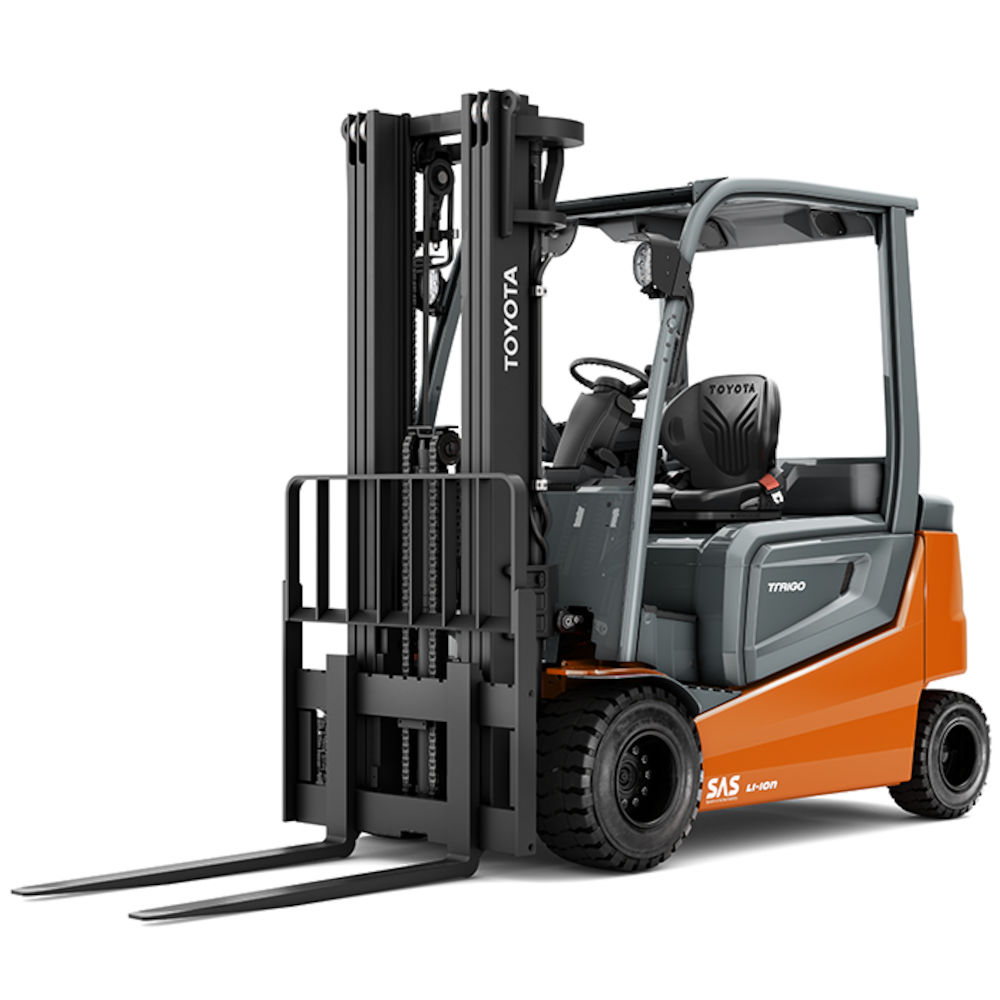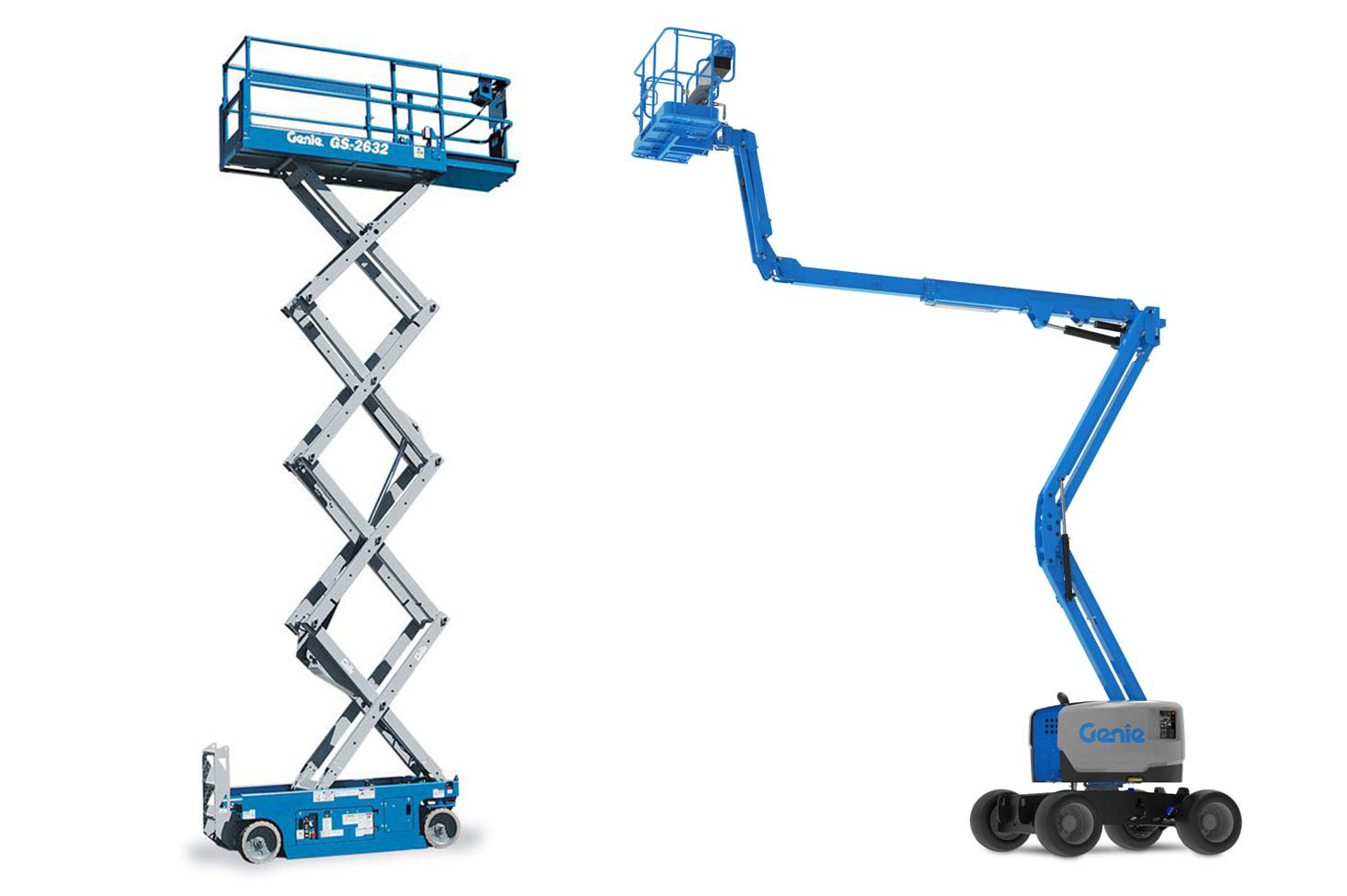Budget-friendly Construction Equipment Rentals: Discover the Right Equipment for Your Project
Crucial Tips for Safely Renting Devices for Your Building Tasks
Making sure the safety of your construction tasks is extremely important, and a key aspect of this is the risk-free and appropriate usage of rented out equipment. The procedure of renting construction equipment involves greater than just selecting the right devices for the task; it likewise entails a collection of crucial steps that must be complied with to assure the health of those on-site and the successful conclusion of the job. By sticking to crucial ideas and guidelines, you can not just reduce prospective threats but likewise optimize the efficiency of your building ventures.
Equipment Evaluation
Routine equipment examinations are important to guarantee the safety and performance of building tasks. By carrying out routine and thorough assessments of equipment, building and construction firms can determine possible issues before they intensify, therefore stopping crashes and expensive hold-ups. Evaluations need to cover all elements of the equipment, consisting of architectural integrity, performance, and security features.
During an evaluation, it is vital to look for indications of deterioration, such as corrosion, splits, or leaks, which can show underlying problems. Additionally, evaluating the tools's functionality, such as controls, brakes, and security systems, guarantees that it operates as meant. Any type of malfunctions or disparities need to be quickly attended to and resolved to preserve optimal performance and safety.
Additionally, documenting inspection results and maintenance activities is vital for tracking the tools's condition with time. This details can aid in organizing normal maintenance, recognizing patterns of concerns, and making educated choices regarding equipment substitute or repair work. Ultimately, focusing on tools examinations adds to a much safer workplace and enhances the general effectiveness of building projects.
Safety Training
Effective safety training programs play an important role in enhancing the relevance of devices inspections and making sure the wellness of construction task workers. Security training equips employees with the required knowledge and skills to run machinery correctly, determine possible dangers, and react to emergency situations quickly. By educating staff members on finest practices, security procedures, and regulatory needs, training sessions help lower the probability of mishaps and injuries on building and construction sites.
Comprehensive security training covers a variety of topics, including individual protective equipment (PPE) use, tools operation procedures, emergency situation protocols, and threat recognition. Training must be recurring to resolve brand-new risks, revitalize existing expertise, and integrate any kind of devices updates. It is important for all building personnel, from operators to managers, to take part in normal safety and security training sessions to maintain a culture of security and caution on duty website.
Spending in safety and security training not only protects employees from injury yet also adds to increased efficiency, decreased downtime, and boosted task end results. heavy equipment rental. Prioritizing safety through training demonstrates a commitment to the wellness of staff members and the success of building projects
Rental Contract Evaluation
When leasing tools for building jobs,Carrying out a detailed evaluation of rental agreements is necessary for making certain clear terms and expectations. Before signing any rental arrangement, it is vital to carefully analyze the terms and conditions described in the contract. Pay attention to details such as the rental duration, rates, payment routines, charges for late returns, and responsibilities for damages. Ensure that the agreement consists of a thorough listing of the devices being leased, its condition at the time of service, and any pre-existing problems. Comprehending the insurance protection offered by the rental company and verifying if added insurance coverage is required are additionally critical actions in the rental contract testimonial process. If there are any type of stipulations or terms that are unclear or concerning, do not wait to look for clarification from the rental company or legal recommendations. By extensively reviewing the rental agreement, you can avoid misunderstandings, disagreements, and unexpected expenses during your building and construction job.
Appropriate Upkeep Practices
Implementing an organized upkeep program is important for making best use of the efficiency and life-span of rented out building equipment. Regular maintenance not just makes sure the tools works optimally however also minimizes the danger of unforeseen malfunctions throughout your project. Below are some important upkeep methods to follow when renting out building and construction equipment:
Scheduled Examinations: Conduct detailed pre- and post-operation checks to determine any type of prospective problems prior to they intensify. This includes checking for leaks, harmed components, and making certain all safety attributes are intact.
Cleaning and Lubrication: Maintain the devices tidy from dirt, particles, and other pollutants that can impact its performance. Frequently lube moving parts to stop deterioration.

Adhere To Manufacturer Guidelines: Abide by the manufacturer's maintenance suggestions detailed in the handbook to ensure correct treatment and operation of the equipment.
Emergency Situation Readiness
In anticipation of unanticipated situations that may occur during construction jobs, it is crucial to establish a thorough emergency preparedness strategy. Construction websites are naturally susceptible to crashes and unforeseen events, making it critical for project supervisors to prioritize security and positive measures. One important facet of emergency situation preparedness is performing normal safety drills to make certain that all employees recognize with emergency situation treatments and emptying paths. It is also crucial to have easily obtainable emergency treatment kits, fire extinguishers, and emergency situation get in touch with info prominently displayed on-site.

Verdict
Finally, applying detailed tools examination, safety training, rental contract testimonial, correct maintenance practices, and emergency preparedness are vital actions for safely renting equipment for building projects. By adhering to these guidelines, construction firms can guarantee the security of their employees, protect against mishaps, and lessen downtime on jobs. It is important to focus on safety and conformity when leasing tools to keep a reliable and effective job environment.
